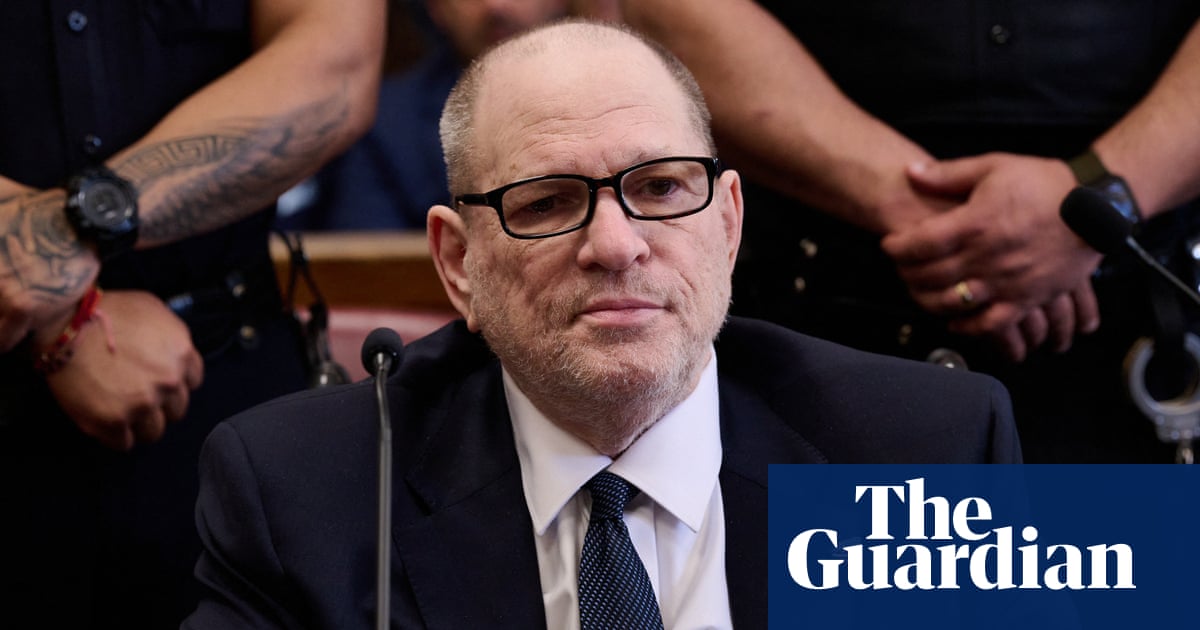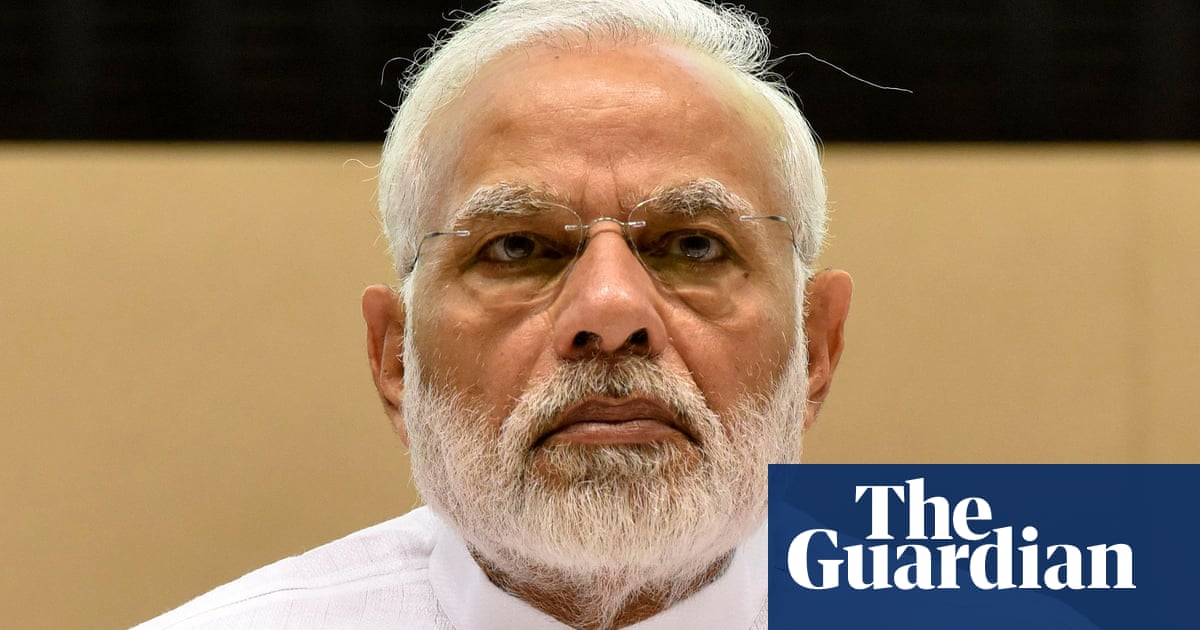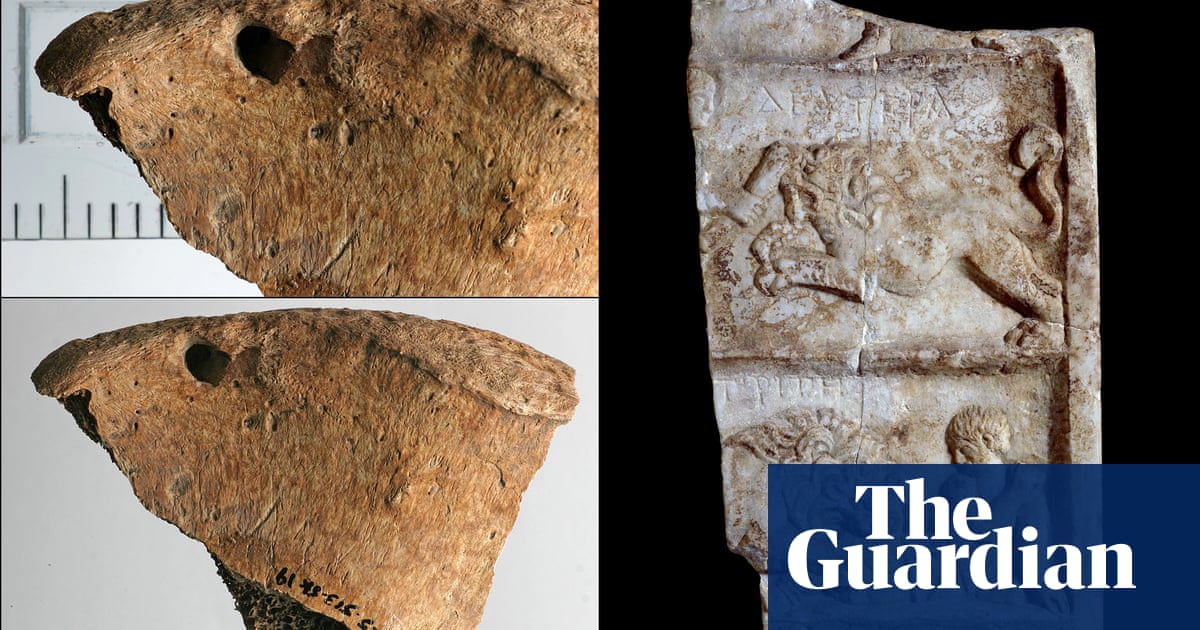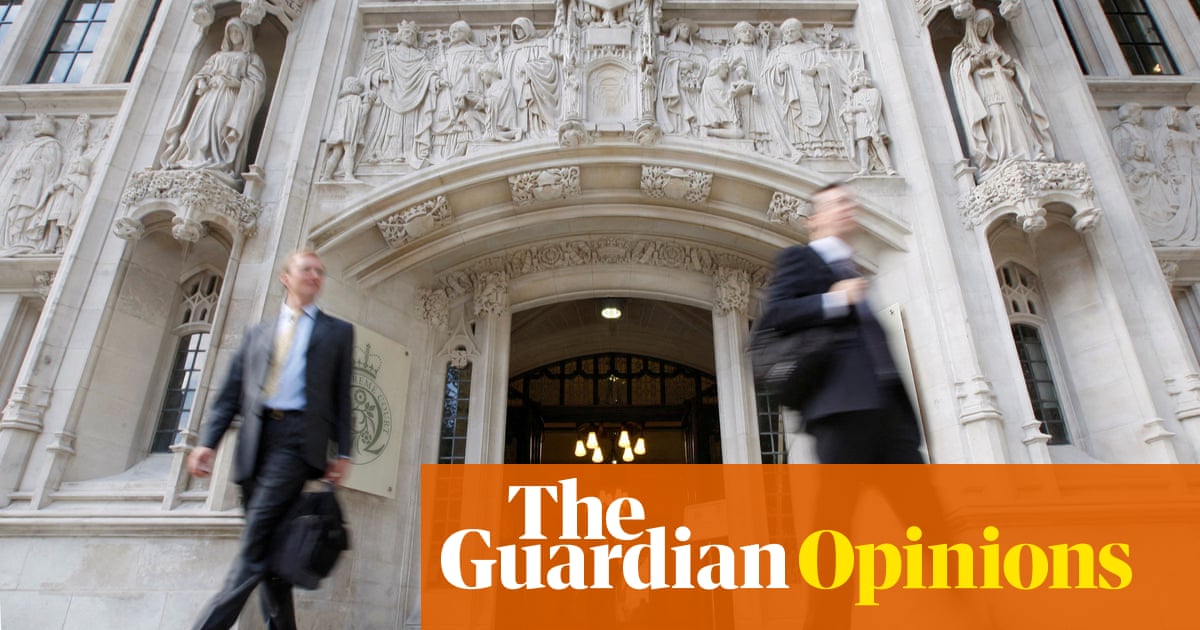Hundreds of men who identified as “incels” or involuntary celibates were paid by a government body to take part in a survey.
Academics working for the Home Office’s Commission for Countering Extremism (CCE), gave the men £20 or $20 each for completing a 40-minute survey as part of an effort to investigate incel behaviour.
A total of 561 men in the UK and the US took part in the research but some did not want to complete the payment form out of fears that their personal data might be misused. The compensation of 126 of the participants was donated to the men’s mental health charity, Movember.
Men who identify as incels forge a sense of identity around their perceived inability to form sexual or romantic relationships and can display high levels of misogyny that may slip into an endorsement of violence.
Incels are said to be a emerging terrorism risk in the UK. Their shared beliefs have been identified as a motivating factor in terrorist attacks abroad, including in the murder of 10 people in a van attack in Toronto in 2018.
Joe Whittaker, a lecturer at Swansea University who led the incel research with William Costello from the University of Texas at Austin, said he recognised that the payment of people who hold hateful views raised ethical questions but that the need for a broad sample “tips the ethical scales”.
He said: “All of research ethics is about trade-offs between two competing goods. You have this issue of a very hard to reach, difficult to research population. Trying to find a way into that is definitely good.
“On the other side, I can understand why some people might take some level of objection to this is that some incels are accused, and, in several cases, have done some pretty bad stuff. I’m not just talking about ultraviolence. I’m talking about being, frankly, horrible misogynists.”
It was deemed ethical to pay the participants a payment that was above the national living wage of £11.44 but not “too big that it ends up a attracting people that you don’t want to answer the survey”, Whittaker said.
The researchers concluded that while there may be apprehension about paying incels, “not all incels have extreme views and that it would be ethically questionable to assume so and withhold compensation typically given to participants in psychology studies on that basis”.
Whittaker said: “The thing that made us feel like it was a justifiable decision, is that … the problem with looking at content on the internet is that in almost all circumstances it’s driven by a very, very small number of people …
“Therefore the problem that you get is when you when you start to make generalisations, [such as] all incels are terrible misogynists, you start to run up against this problem of, well, actually, are they, or is it just the ones that actually did post?”
Approximately a hundred participants tried to complete the survey a second time in order to be paid twice but were blocked, Whittaker said.
The research for the CCE, which had a £1.7m budget last year, found high levels of perceived victimhood, anger and misogyny with 5% of those participating saying that violence was “often” justified against those who harmed their community.
Whittaker said it would be important that the government’s Online Safety Act in seeking to clean up the internet did not drive incels into more difficult to access parts of the internet.
A spokesman for the commission said: “The CCE provides government with advice on all forms of extremism and commissions independent research to help shape policy.
“This study required direct engagement with incels in order to understand the demographics and psychology behind a largely anonymous online community.
“Participant compensation was subject to rigorous ethical approval from Swansea University’s faculty of medicine, human and life sciences ethics committee. The findings of this study help government understand misogyny in society.”

.png) 2 months ago
33
2 months ago
33













































